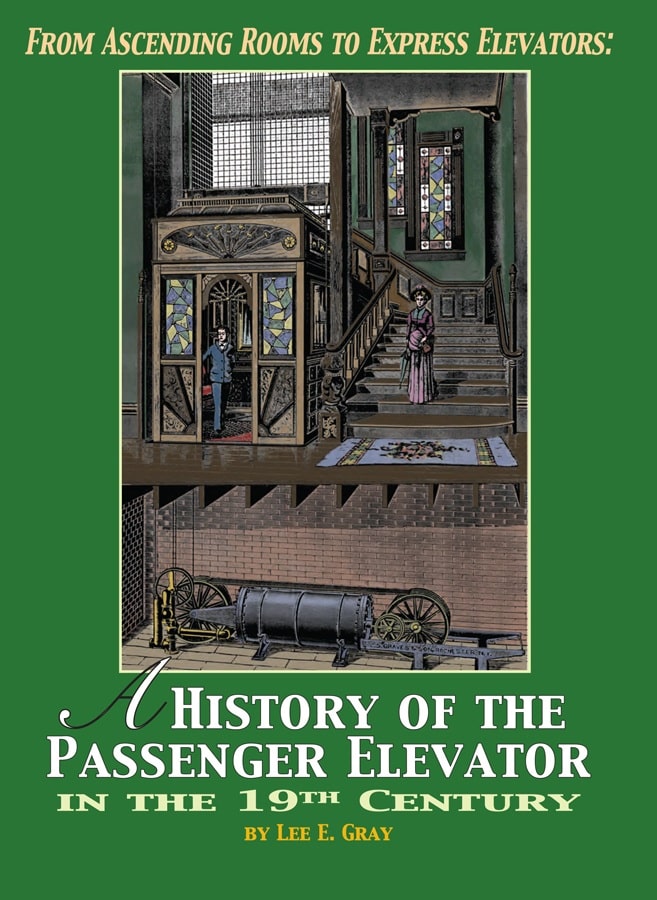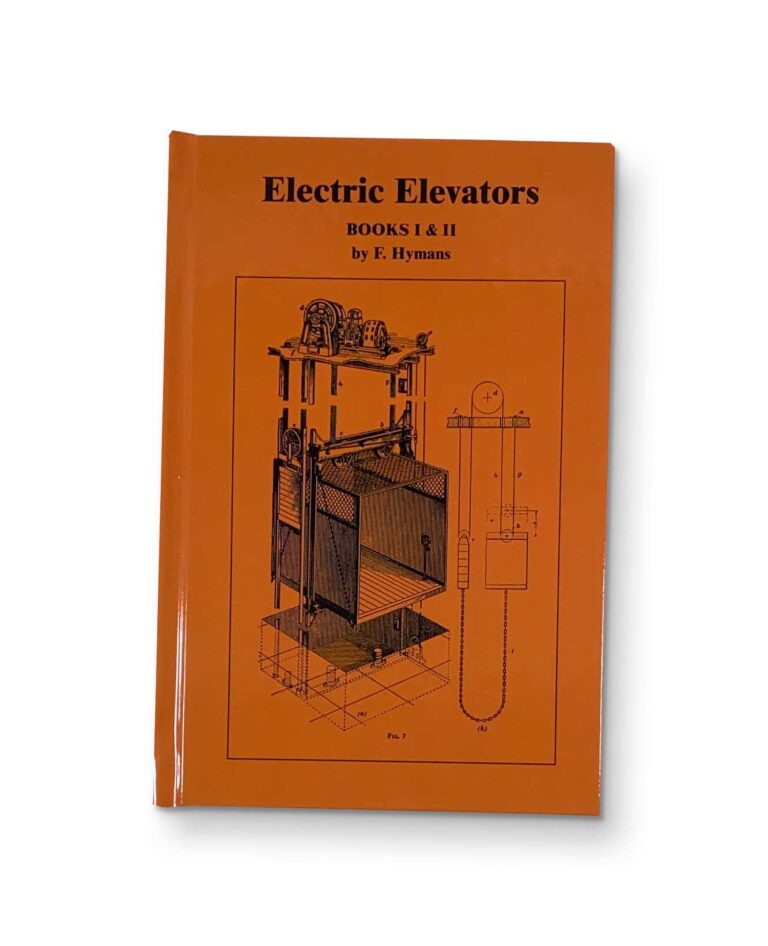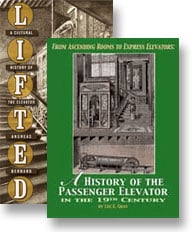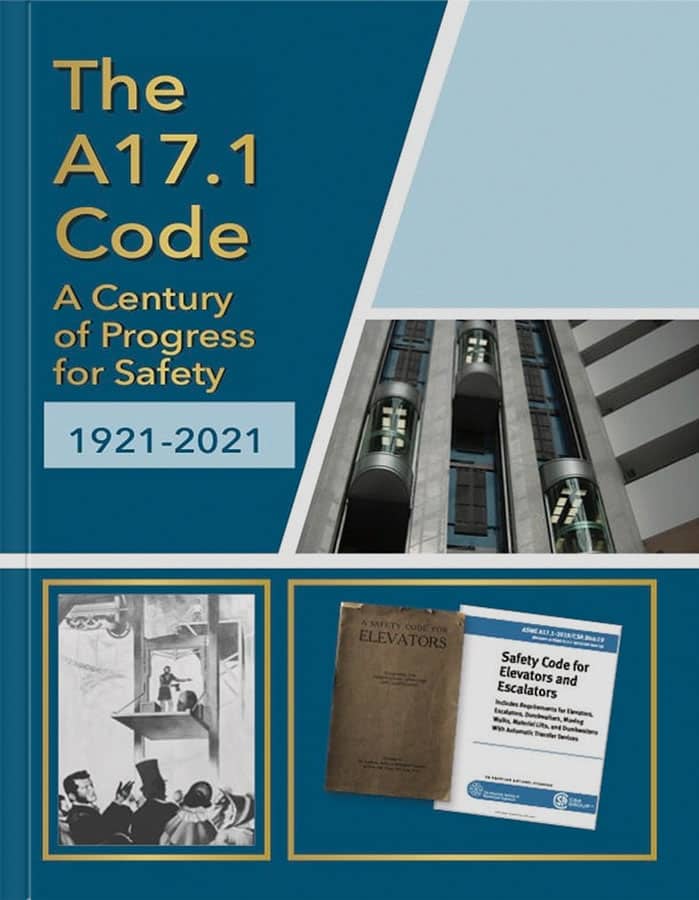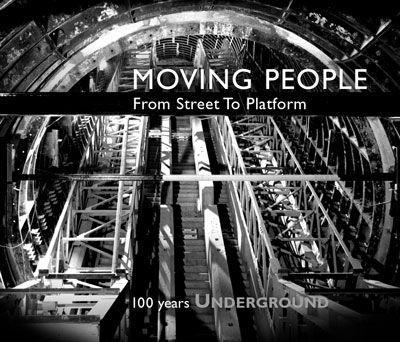Moving People: From Street to Platform – 100 Years Underground (Digital)
Author: RAYMOND ORTON
Format: DIGITAL
Publication Date:
$57.00 $34.00
9999 in stock
Description
IMPORTANT INFORMATION – PLEASE READ: You are purchasing a digital book or video that is accessed through the Flux Player app (not a stand-alone PDF). It’s easy to use and all of your digital purchases will be stored in one place for convenience. Once you make your digital purchase you will receive an email confirmation of your order. The email will include instructions on how to download the Flux Player app and provide you with a username and password to login. Once the player is downloaded and you are logged in, your digital book or video, and any future digital purchase(s), will be live in your player. You only have to download the player once (not each digital purchase). There are multiple viewing options of your book as a PDF (in the player), a search function, and direct links from the table of contents to each chapter or section. The Flux Player app can be licensed and accessed on up to two of your devices and you can print up to three pages at a time. PLEASE NOTE THAT ALL DIGITAL SALES ARE FINAL.
A visually exciting history of the development of the train network in the historical London Underground from 1863 to 1999 and the development of the escalators which move vast numbers of passengers from the streets of London, England to the platforms underground. Over 70 phenomenal photos from the London Transport Museum, many digitally restored by Grey Gale Creations.
Some extraordinary illustrations (previously unpublished) are of the original tunnels being built as well as the Underground being used as shelters in the World War II Bombing raids on London.
Escalators have been in public service on the London Underground since the first installation of the two Seeberger machines at Earls Court Station in 1911. The public acceptance of these machines made them the most convenient form of vertical transportation within London's Underground Railway system.
This book traces the history and development of these machines, from Jesse Reno's Spiral in 1906, to the most modern installations.
Researcher: Nick Gaw | Book Design: John Gale and Grey Lipley
Coffee-table sized at 11" x 9 1/2" Hard Cover | 77 Pages | 3 lbs.
CHAPTERS:
THE EARLY UNDERGROUND RAILWAY
CHRONOLOGICAL HISTORY
THE FIRST ESCALATORS
THE SPIRAL WALKWAY
THE SEEBERGER MACHINES
TIME FOR A CHANGE 1924 TO 1929
THE M SERIES 1930
THE 1939-1945 WAR
POST WAR MODERNISATION
THE VICTORIA LINE
THE FACTORY ASSEMBLED ESCALATOR
THE MAINTENANCE ENGINEERS
THE JUBILEE LINE EXTENSION
Author Bio
Ray Orton is an engineer who enjoys his work in a way that others find infectious. His unbounded passion, shared by Nick Graw, has resulted in the writing of his personal insight into the development of the escalators, moving vast numbers of passengers through London's historic Underground train network.


